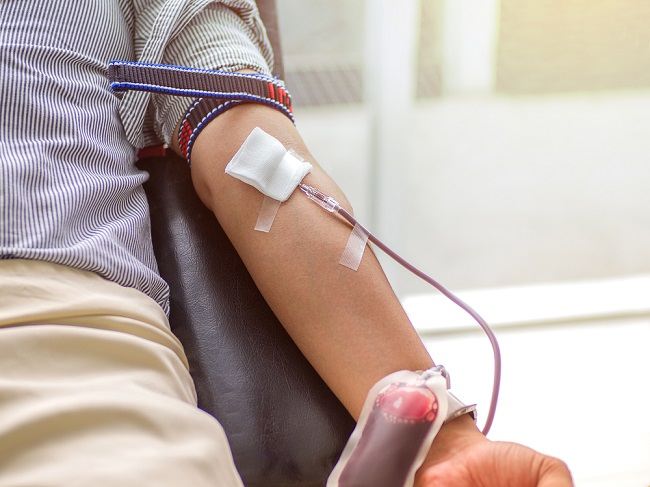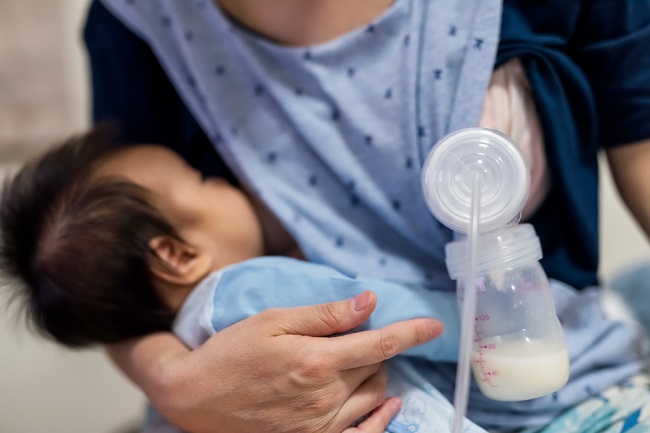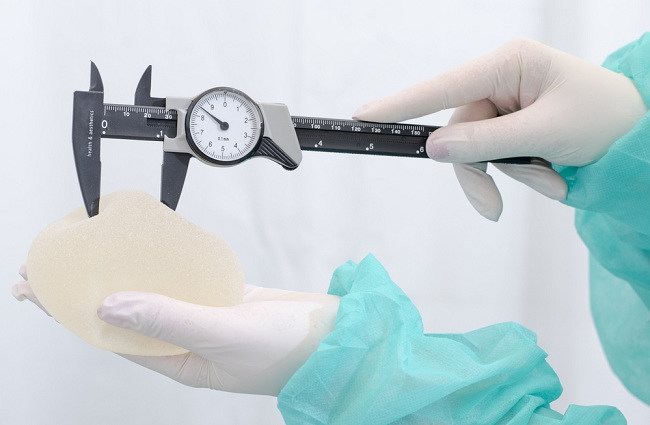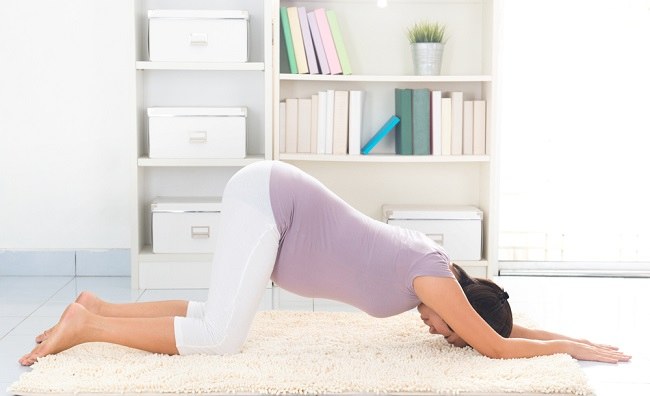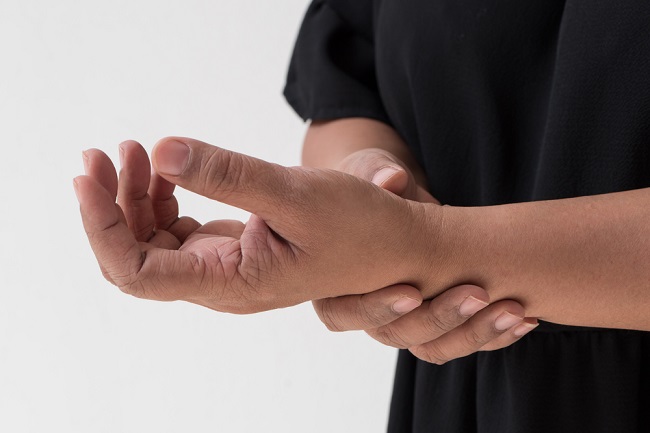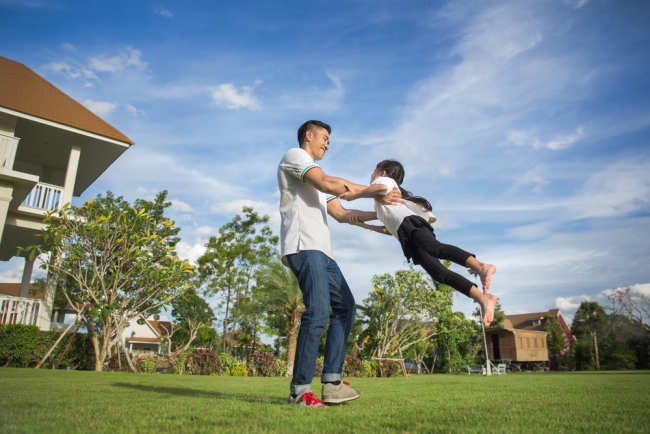Even though they are pregnant, many women want to still look fashionable, for example by wearing high heels. Actually, there is no prohibition for pregnant women to wear high heels or shoes with high heels. However, there are still things you need to consider.
Use high heels during the first trimester of pregnancy is actually not a problem, as long as you feel comfortable and are used to using it in daily activities. However,high heels should not be used during the second and third trimester of pregnancy.

Impact of Wearing High Heels while Pregnant
There are several conditions that can be experienced by pregnant women when using high heels too often during the second and third trimesters of pregnancy. Some of these impacts include:
Pain in the lower back
During pregnancy, the body will produce the hormone relaxin which functions to relax muscles and ligaments, so that the baby can more easily pass through the pelvis during labor later.
However, stretching these muscles and ligaments can cause pain in the lower back, including the pelvis and hips. NAh, when wearing high heels, your body will focus on that area, so the pain will be more pronounced.
Difficult to maintain body balance
In the third trimester of pregnancy, the load gets heavier and pregnant women find it increasingly difficult to maintain body balance. Usehigh heels will only make it more difficult for pregnant women to balance the body. If forced, this can make pregnant women fall and harm the fetus in the womb.
Cause varicose veins
Pregnant women will experience increased blood flow and pressure on the blood vessels in the legs due to the enlargement of the uterus and pregnancy hormones during pregnancy. This makes pregnant women prone to varicose veins.
When using high heels too often or for a long time, the pressure on the veins in the legs will increase and cause varicose veins to form. If you already have varicose veins during pregnancy, the habit of using high heels can also cause varicose veins to get worse.
To prevent things that are not desirable, pregnant women are encouraged to wear comfortable shoes. One thing to consider when choosing shoes is to make sure there is at least 1 cm of space between the longest toe and the toe of the shoe.
Prioritize the toe of the shoe is wide enough and is round or square, and avoid the pointed toe. This is because during a big pregnancy, pregnant women's legs tend to swell, so they need more space.
Shoes with thick soles are more comfortable to wear than flat shoes or ballet shoes. Thick soles feel more soft and can support the weight of the body well. So save high heels-you during pregnancy and use more comfortable shoes, yes!
